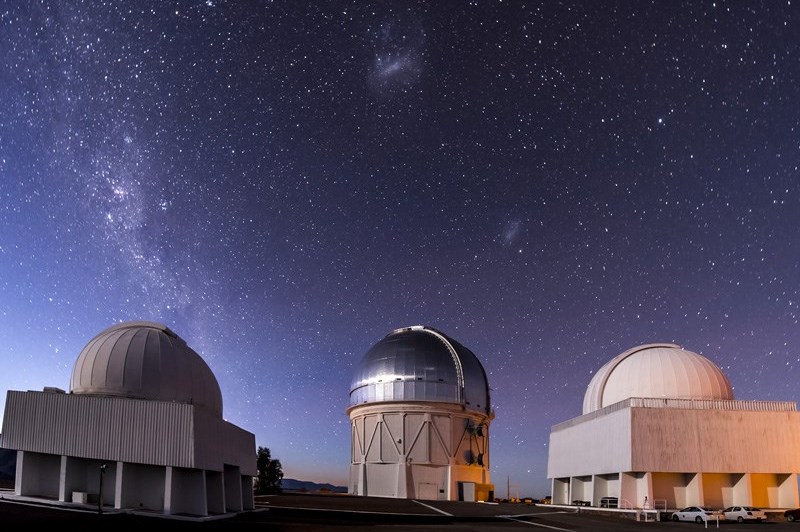
Santiago (TAN): More than 350,000 tourists will visit northern Chile in July to observe the total solar eclipse that will turn day into night for almost three minutes, Los Angeles Times reported.
The rush will especially be felt in the Coquimbo region, some 450km north from here, from where the clearest views of the moon will be seen as it covers the sun just before 1700 hours local time. This area is known for the huge telescopes on its hilltops.
According to the report, a total solar eclipse last occurred in Chile 427 years ago and the next one will take place after 146 years. The best views of the eclipse will this time be available in the communities of La Higuera and Rio Hurtado.
[ALSO READ:Taj brand debuts in north India’s Himachal Pradesh with Taj Theog Resort & Spa, Shimla]
Most hotels in the region have already been fully booked by people from around the world coming for the July 2 celestial spectacle.
Chile tourism authorities will be trying to promote less-popular destinations of the country during this rush.
[ALSO READ: Tourists flood HBO’s Big Little Lies town in California]
Incidentally, Chile is building the world’s largest telescope, 39 meters (128 feet) in diameter, which will be set up at the Cerro Tololo Inter-American Observatory.
“We’ve been working on this for 2.5 years, training the regional community, raising the authorities’ awareness and offering technical support at the observation points – a job we’ll keep working at until next July 2,” Los Angeles Times quoted the observatory’s extension and education coordinator Juan Segel as saying.
[ALSO READ: UFO legend attracts tourists to this US town]
Segel reportedly has given 125 talks, workshops and training sessions in 2019 to educate local residents and tourists guides about the eclipse.
The local authorities are not only setting up infrastructure for tourists to observe the rare phenomenon, but also have organised activities such as concerts and competitions for eclipse photographs on and around July 2. The tourism authorities hope the visitors’ good experience will translate into increased tourism activities in the area in future.




